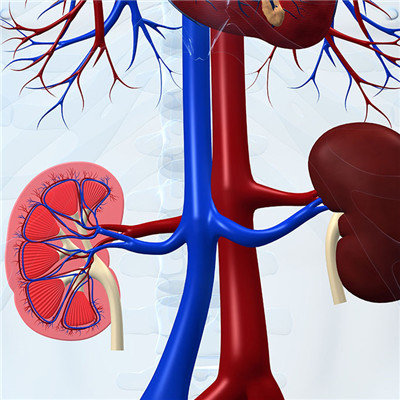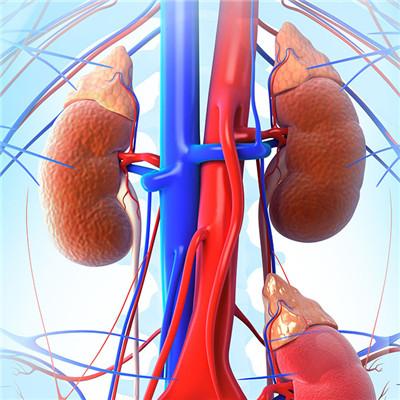What are the symptoms of mid-term lung cancer?
summary
Although lung cancer is the killer of human health, the reality is that many lung cancer patients are diagnosed in the middle and late stage, which brings considerable difficulty to the treatment. The early symptoms of lung cancer may not be so obvious that they are ignored by many patients. Take a look at the symptoms of advanced lung cancer.
What are the symptoms of mid-term lung cancer?
1. Chest pain. Chest pain is caused by tumor cells invading some organs in the chest. The chest is a very complex space. Three quarters of the lung surface is surrounded by the chest wall. It is composed of a thin layer of inner membrane (parietal pleura), fat, muscle, ribs and skin in different proportions. Tumor invasion of any of the above parts can cause pain. Therefore, most of the lung cancer patients with intrathoracic regional dissemination have symptoms of chest pain.
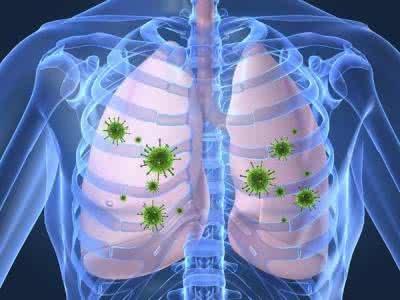
2. His voice is hoarse. Hoarseness is common in patients with advanced lung cancer. This is because the recurrent laryngeal nerve, which controls the left vocal function, goes down from the neck to the chest, bypasses the great blood vessels of the heart and goes up to the larynx, thus dominating the left side of the vocal organ. Therefore, if the tumor invades the left side of the mediastinum and compresses the recurrent laryngeal nerve, hoarseness will occur, but there are no other symptoms of sore throat and upper respiratory tract infection.
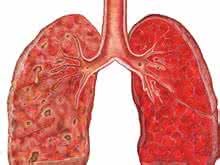
3. Pleural effusion and shortness of breath. Shortness of breath is due to advanced lung cancer patients, lung cancer has invaded most of the lung tissue. The normal tissue fluid produced by the lungs and myocardium is returned from the lymph nodes in the middle of the chest. If these lymph nodes are blocked by the tumor, the tissue fluid will accumulate in the pericardium to form pericardial effusion or in the chest to form pleural effusion. Both can cause shortness of breath.
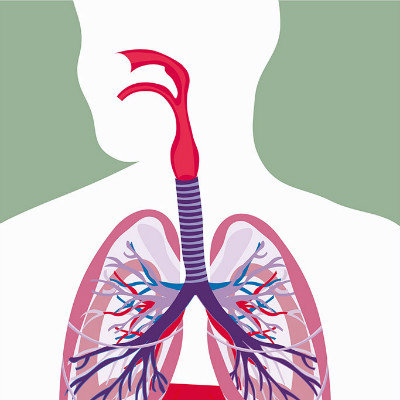
matters needing attention
It's just that many patients don't have correct health awareness, or feel abnormal body, but they don't think it's a serious situation, which leads to late diagnosis and treatment of lung cancer. It can be seen how important a good sense of health is.


